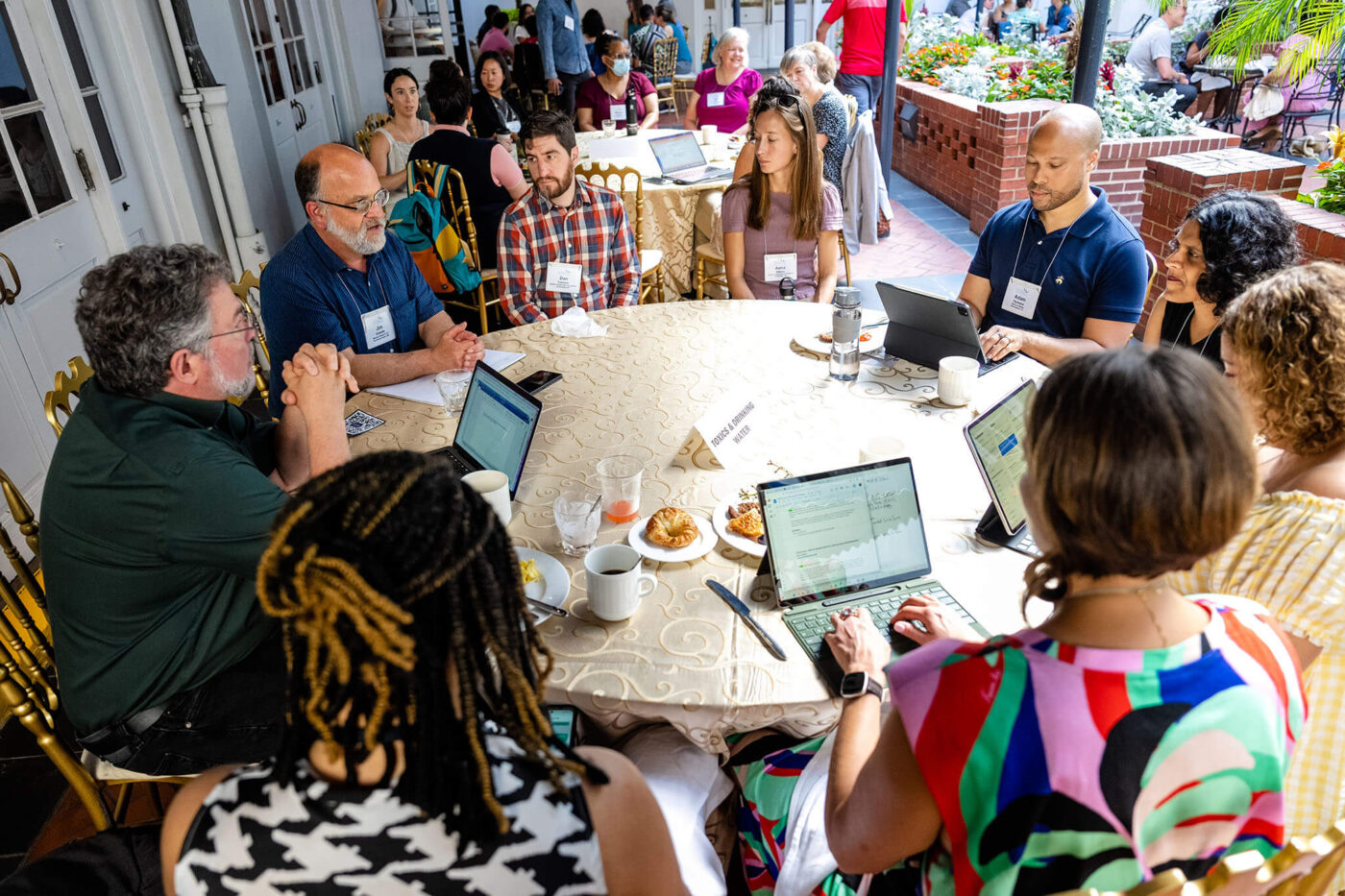Learn & Explore

Environmental Health Basics
Biologists, epidemiologists, and other scientists have confirmed what many people know from life experience: everyday conditions have big impacts on health and healthy development. Environmental health research has transformed understanding about how pollutants worsen health outcomes, both individually and in combination with genetic and socioeconomic factors. Such information creates new opportunities to prevent exposures and disease.
HEFN members are helping expand basic knowledge about environmental health and catalyzing health-protective actions based on this knowledge:
- Funding science and "translation" of science for the public, health care professionals, and policymakers.
- Enabling groups with a stake in environmental health and justice to learn, organize, and engage.
- Developing resources, models, and policies for healthier environments.

What is Environmental Justice?
Environmental justice means the fair treatment and meaningful involvement of all people regardless of race, color, national origin, or income with respect to the development, implementation, and enforcement of environmental laws, regulations, and policies. This goal will be achieved when everyone enjoys the same degree of protection from environmental and health hazards, and equal access to the decision-making process to have a healthy environment in which to live, learn, and work.
Read the 17 Principles of Environmental Justice, adopted by the delegates of the First National People of Color Environmental Leadership Summit in 1991.

Participatory Grantmaking
Participatory grantmaking is grantmaking that cedes decision making power about funding – including the strategy and criteria behind those decisions – to the very communities that funders aim to serve. It is a direct response to the extractive models of traditional philanthropy. Most of the wealth distributed via philanthropy was and is accumulated from extractive practices, and, despite initial intentions, philanthropy became a tool for the wealthy to avoid tax payments and accumulate more wealth. This has created an exploitative system where funders have power over grantees who are dependent on, and limited by, their funding and cultural norms. Grantees generally have very little say in how grant decisions are made, and must conform to a culture greatly shaped by that of for-profit, business culture. These power dynamics are not the fault of individuals or foundations - they are structural.
Participatory grantmaking can take shape in any number of ways: adding community members to foundation boards, having community members alongside you in strategic planning conversations, turning over decision-making power in specific funds to community reviewers, and more. The key in all of these is that decision-making power shifts away from the traditional power inequities inherent in philanthropy. Participatory grantmaking goes beyond advisory boards and input.
